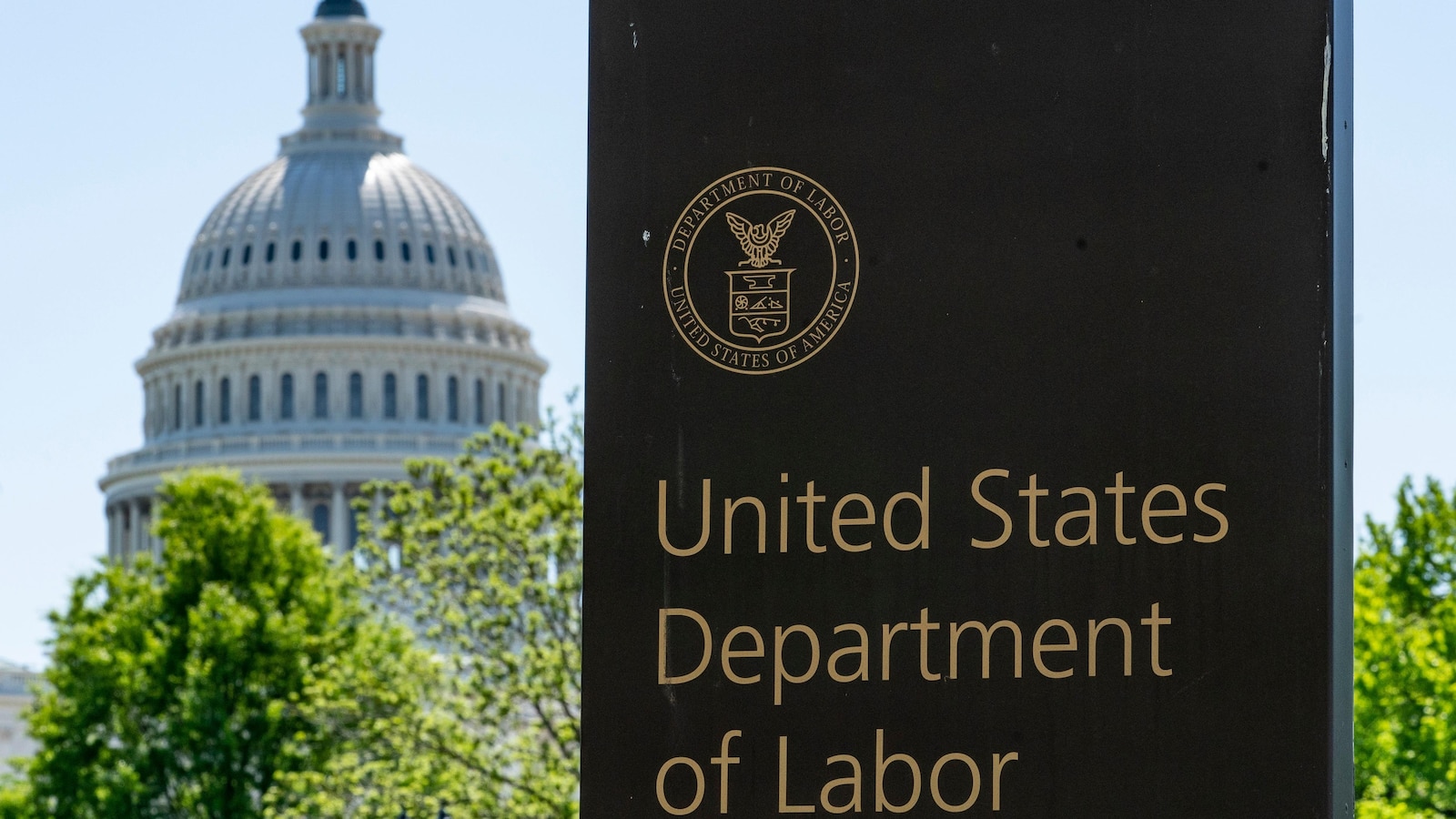NEW YORK — A federal judge in Texas has blocked a new rule from the Biden administration that would have expanded access to overtime pay to millions more salaried workers across the U.S.
On Friday, U.S. District Judge Sean Jordan sided with the state of Texas and a group of business organizations that argued the Labor Department exceeded its authority when it finalized a rule earlier this year to significantly expand overtime pay for salaried workers — ruling that the department could not prioritize employee wages over job duties when determining eligibility.
Under the federal law, nearly all hourly workers in the U.S. are entitled to overtime pay after 40 hours a week. But many salaried workers are exempt from that requirement — unless they earn below a certain level.
The Labor Department’s now-scuttled rule would have marked the biggest increase to that cap in decades. Employers were required pay overtime to salaried workers who make less than $43,888 a year in certain executive, administrative and professional roles as of July 1 — and that was set to rise to $58,656 next year.
The Labor Department estimated that an additional 4 million lower-paid salary workers would become eligible for overtime protections in the first year under the new rule. An additional 292,900 higher-compensated workers were also expected to get overtime entitlements through separate threshold increases.
Now, the previous threshold of $35,568 — which was set in 2019 under the Trump administration — is poised to go back into effect.
A spokesperson for the Labor Department did not immediately comment when reached by The Associated Press Friday. It was unclear if the department would attempt to appeal the decision from Jordan, who was nominated to his seat by Republican President-elect Donald Trump during his first term.
At the time of the rule’s finalization in April, acting Secretary of Labor Julie Su stated that the administration was “following through on our promise to raise the bar” — noting that it was “unacceptable” for lower-paid salaried workers to do the same job as their hourly counterparts with no additional pay.
Following the finalization of this year’s rule, legal challenges bubbled up. A handful of trade groups argued the move would harm businesses and lead to costs that would potentially result in employers’ needing to cut jobs or limit their workers’ hours.
David French, executive vice president of government relations for the National Retail Federation — one of the groups that challenged the Labor Department’s rule — maintained in a statement Friday that the changes “would have curtailed retailers’ ability to offer the most flexible, generous and tailored benefits packages to lower-level exempt employees across the industry.”
Friday’s ruling is a bit of déjà vu. In 2016, an Obama-era effort to similarly expand overtime pay eligibility was ultimately shot down in court after facing pushback from some business leaders and Republican politicians.
The Trump adminstration later brought a smaller raise through, marking the first increase since 2004. Advocates pushing for higher overtime pay have stressed that it’s far from enough — arguing that too many salaried workers are still cheated out of their time — but potential changes under Trump’s upcoming second term are unlikely to meet the level of those demands.

